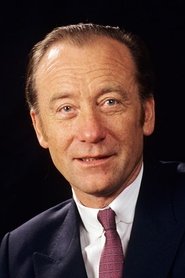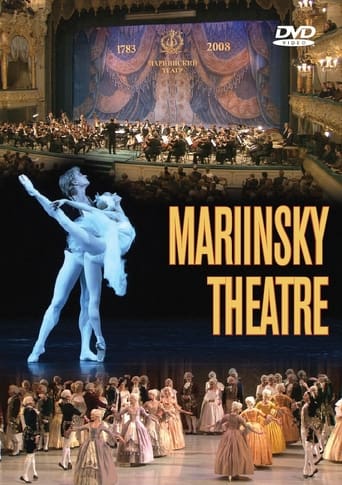Views
Rodion Shchedrin
Rodion Konstantinovich Shchedrin (Russian: Родион Константинович Щедрин, IPA: [rədʲɪˈon kənstɐnʲˈtʲinəvʲɪtɕ ɕːɪˈdrʲin]; born 16 December 1932) is a Soviet and Russian composer and pianist, winner of USSR State Prize (1972), the Lenin Prize (1984), and the State Prize of the Russian Federation (1992), and is a former member of the Inter-regional Deputies Group (1989–1991). He is also a citizen of Lithuania and Spain.
Shchedrin was born in Moscow into a musical family—his father was a composer and teacher of music theory. He studied at the Moscow Choral School and Moscow Conservatory (graduating in 1955) under Yuri Shaporin (composition) and Yakov Flier (piano). He was married to ballerina Maya Plisetskaya from 1958 until her death in 2015.
Shchedrin's early music is tonal and colourfully orchestrated and often includes snatches of folk music, while some later pieces use aleatoric and serial techniques. In the West the music of Shchedrin has won popularity mainly through the work of Mstislav Rostropovich who has made several successful recordings.
Among his works are the ballets The Little Humpbacked Horse (1955), Carmen Suite (1973), Anna Karenina (1971, based on the novel by Leo Tolstoy), and Lady with a Lapdog (1985); the operas Not Only Love (1961), and Dead Souls (1976, after Nikolai Gogol's novel); piano concertos, symphonies, chamber and piano music and other works. He composed 24 Preludes and Fugues after he heard those of Shostakovich. Also notable is his Polyphonic Notebook.
He has written five concertos for orchestra: the first, variously translated as Naughty Limericks or Mischievous Folk Ditties (neither of which completely get the gist of the Russian which refers to a chastushka, an irreverent, satirical kind of folk song) is by far the best known, and was the work which first established him on the international stage. The second of the Concertos for Orchestra was subtitled Zvony (The Chimes), and was premiered by the New York Philharmonic under Leonard Bernstein as one of the many commissions in honor of the orchestra's 125th anniversary. The third Concerto for Orchestra is based on old music of Russian provincial circuses. Concerto 4, Khorovody (round dances), was written in 1989, and Concerto 5, Four Russian Songs, was written in 1998.
Shchedrin is also a virtuoso pianist and organist, playing solo piano in the premieres of the first three of his six piano concertos. On 5 May 1974, Shchedrin performed as soloist in all three of his then-completed piano concertos, and the concert, with the USSR Symphony Orchestra under Yevgeny Svetlanov, was recorded and released on LP, then CD. He was made a member of the Berlin Academy of Arts in 1989 and received the Russian State Prize from President Boris Yeltsin in 1992. Since the collapse of the Soviet regime, Shchedrin has taken advantage of the new opportunities for international travel and musical collaboration, and now largely divides his time between Munich and Moscow. ...
Source: Article "Rodion Shchedrin" from Wikipedia in english, licensed under CC-BY-SA 3.0.
Known For: Sound
Birthday: 1932-12-16
Place of Birth: Moscow, RSFSR, USSR
Also Known As: Родион Константинович Щедрин, Родион Щедрин, Rodion Chtchedrine, Р. Щедрин


